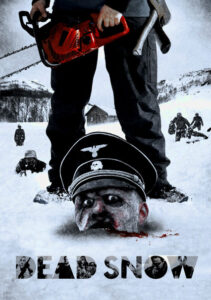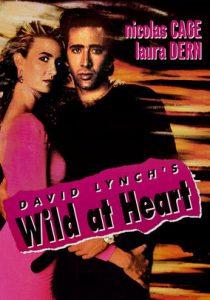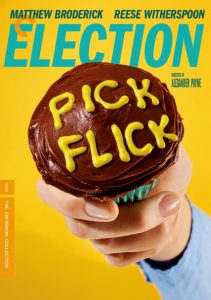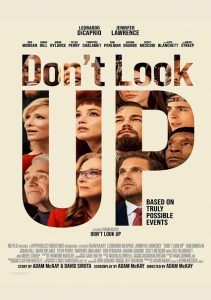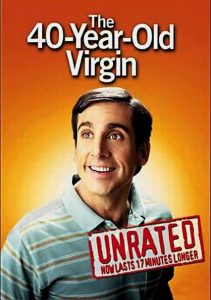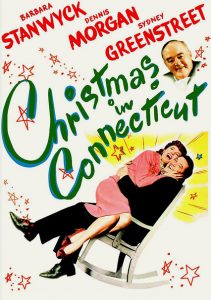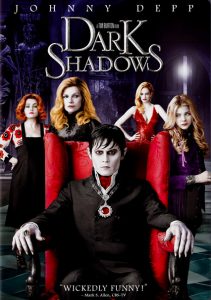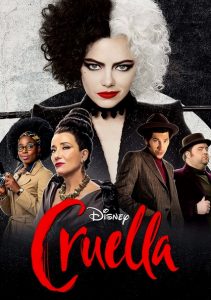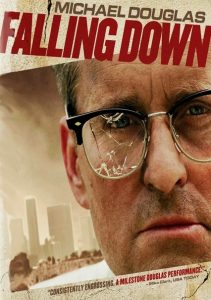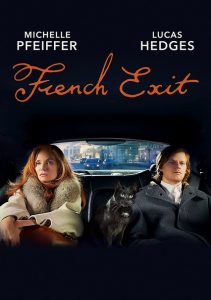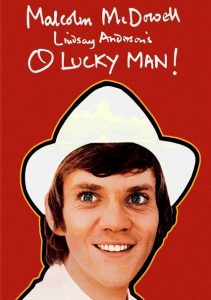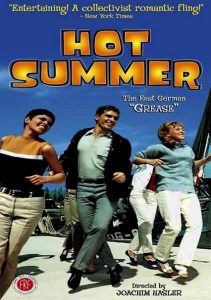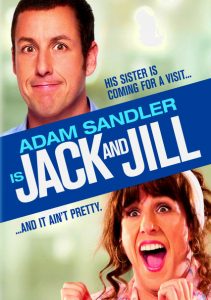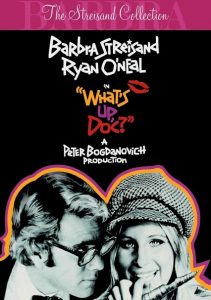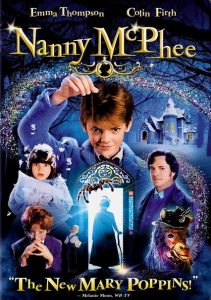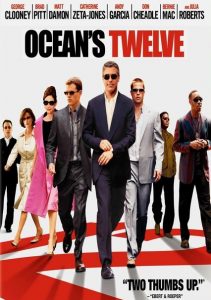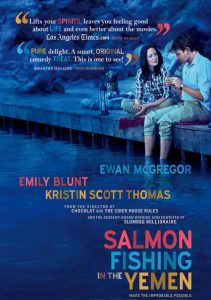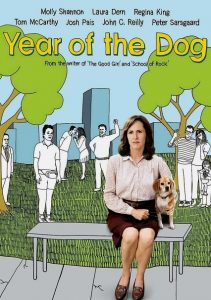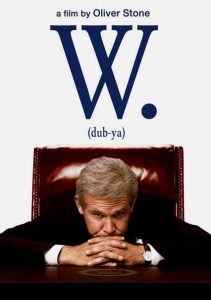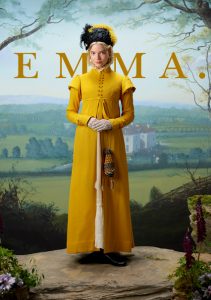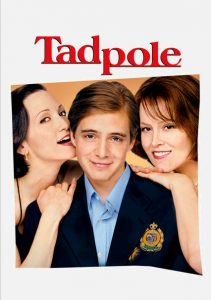Dead Snow-2009
Director Tommy Wirkola
Starring Vegar Hoel, Stig Frode Henriksen
Scott’s Review #1,237
Reviewed March 12, 2022
Grade: B
First off, the cover art (pictured above) of the 2009 Norwegian horror-comedy film Dead Snow, is simply incredible. The creepy Nazi head embedded in the snow with a background chainsaw is perfect marketing and genuinely artistic.
It automatically makes the tired zombie horror genre feel fresh and alive with endless possibilities.
The film itself is a decent watch and tongue-in-cheek sensibilities are necessary to appreciate the movie. There is a hint of art film qualities peppered throughout and it’s not a run-of-the-mill mainstream horror film either but a sense of humor and embracing the ridiculousness is required.
In other words, one must be a fan of the genre to watch Dead Snow. Otherwise, it will not win people over with a great storyline or character enrichment.
It’s a slice-and-dice ’em affair and after a slow build goes into overdrive with the kills and thrills.
The familiar setup of a group of young people, this time intelligent medical students, heading off for a long weekend of booze and sex in a remote location gets Dead Snow off to an intriguing start.
A lonely cabin in the middle of the snowy mountains of Norway is the primary setting for the Arctic Easter bloodbath.
The eight of them plan to ski and relax during the time away. After one of their group disappears while on a solo cross-country hike, a mysterious resident (Bjørn Sundquist) provides the remaining visitors with a backstory.
In the last days of World War II, a battalion of Nazi soldiers disappeared into the nearby woods after the residents turned on them, and their zombified corpses remain on the prowl in the area looking for fresh meat.
Of course, the students hoot and snicker at the stranger’s proclamations but the audience knows full well the Nazi soldiers will emerge eventually. After all, in the very first scene, one of the students who never shows up to join the others is killed by an unidentifiable figure in the dark woods.
If nothing else, Dead Snow is prime-grade entertainment. I eagerly awaited who from the group would be butchered first and how it might happen. As all fans of the slasher horror genre know he or she who parties or has sex is not long for this world, and Dead Snow is no different.
What is different from a straight-ahead release is the dark humor that encompasses the film. When one student who is deathly afraid of blood must remove his arm with a chainsaw after being bitten, he does so with deep seriousness and precision.
The macabre scene nearly rivals some others like when a male member of the group is seduced for sex by a female member of the group while sitting on the toilet in the cold outhouse.
Enough splatters of blood exist to forget how silly the Nazi soldiers look. But the makeup and creative team do a superior job of making the zombies look horrific too. In particular, their leader, Colonel Herzog, is a combination of sexy and hideous.
The international quality and the Norwegian language require sub-titles but that is no problem for me. This brings sophistication and intelligence that I appreciate, rising the film above the mediocrity that it may have suffered from had it been an American release. The foreign lands add mystique.
Dead Snow at one hour and thirty minutes is short enough not to wear out its welcome which it starts to do in the final fifteen minutes or so.
A chase scene across the snowy mountains and motivation for some ancient gold coins are explained as the final character makes it to safety in an until then missing car.
Or does he or she?
Providing some fun without taking itself too seriously, Dead Snow (2009) contains no message nor any marquis stars. Making Nazis the evil ones is no stretch so there is immediately enough rooting value to forgive some of the students for their idiotic decisions.
It’s a bloody fun time but not much more.
